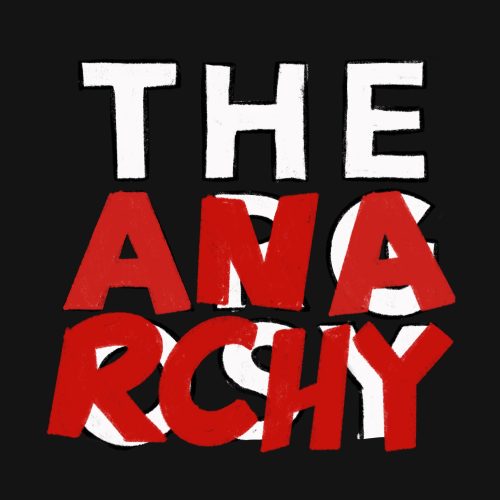FREDERICTON (CUP) — The University of New Brunswick Student Union debated the merits of endorsing a “Greek Council” of fraternities and sororities at the university. The endorsement would grant some official legitimacy to the societies at a time when similar ones have been subjects of controversy in the United States, where they are much more prevalent.
Because sororities and fraternities generally act upon a system of gender-based exclusion, the Student Union will not ratify them individually, as it violates their inclusion policies. Instead, the concept of ratifying an overarching Greek council was proposed at council and put up for discussion.
“A Greek council, what it is, is an amalgamation of the fraternities and sororities under one board – one governing society – and that society is ratified by the student unions and they are accountable for the actions of the fraternities and sororities that are recognized under it,” said Will MacMackin, vice-president of finances and operations for the UNBSU.
Lee Thomas, UNBSU vice-president internal, said that Greek councils are already a successful part of some Canadian universities.
“The two examples that we’re really following are Dal and McGill. We’ve been reading up a lot on the sororities that are there and when clubs, including fraternities and sororities, get legitimacy, then they’re held more accountable,” said Thomas.
“Greek councils are very successful with other student unions and given that there’s an increasing number of Greek life societies and that we are recognizing more and more of them every year, it just seems to make sense to have something that is working in other places and bringing it here.”
Not everyone agreed. Some councillors had legal concerns about officially recognizing the council.
“Anyone who’s been following education issues, especially in the United States, can see that there’s a big issue with fraternities and sororities there,” said arts councillor Marc Gagnon.
“I think given the stigma that can come with these, UNB, and especially the student union, shouldn’t have to bear the burden of financial and legal responsibility to these groups. I just don’t feel like this is something we should open ourselves up to,” said Gagnon.
“I’m really concerned that, for instance, if we ratified a Greek council, I understand that that separates us a little bit from the liability, but we’re still attached,” said Kevin Collins, who is also an arts representative for the UNBSU.
Ratification is not binding, however, and the UNBSU council can always vote to take away a ratified status if a club or society violates their policies. For many councillors, the union’s ability to hold the Greek council accountable through ratification is a positive aspect of legitimizing the fraternities and sororities.
“I think that if we were to say ‘no’ to them, then they’re still going to be there, they’re still going to be doing what they’re doing … There’s nobody looking going to say ‘No, you can’t do this,’” said Hailey Rendel, UNBSU representative for kinesiology. “I think that it’s better that at least we have a little bit of say as opposed to none.”
Currently, a draft constitution for a Greek council is in the making among Fredericton’s fraternities and sororities.
“A big issue at UNB is a lack of engagement. People aren’t going to things so I don’t think we should shut down a club or society or a Greek council that people want to join,” said Rendell.
With files from Kevin Levangie.





